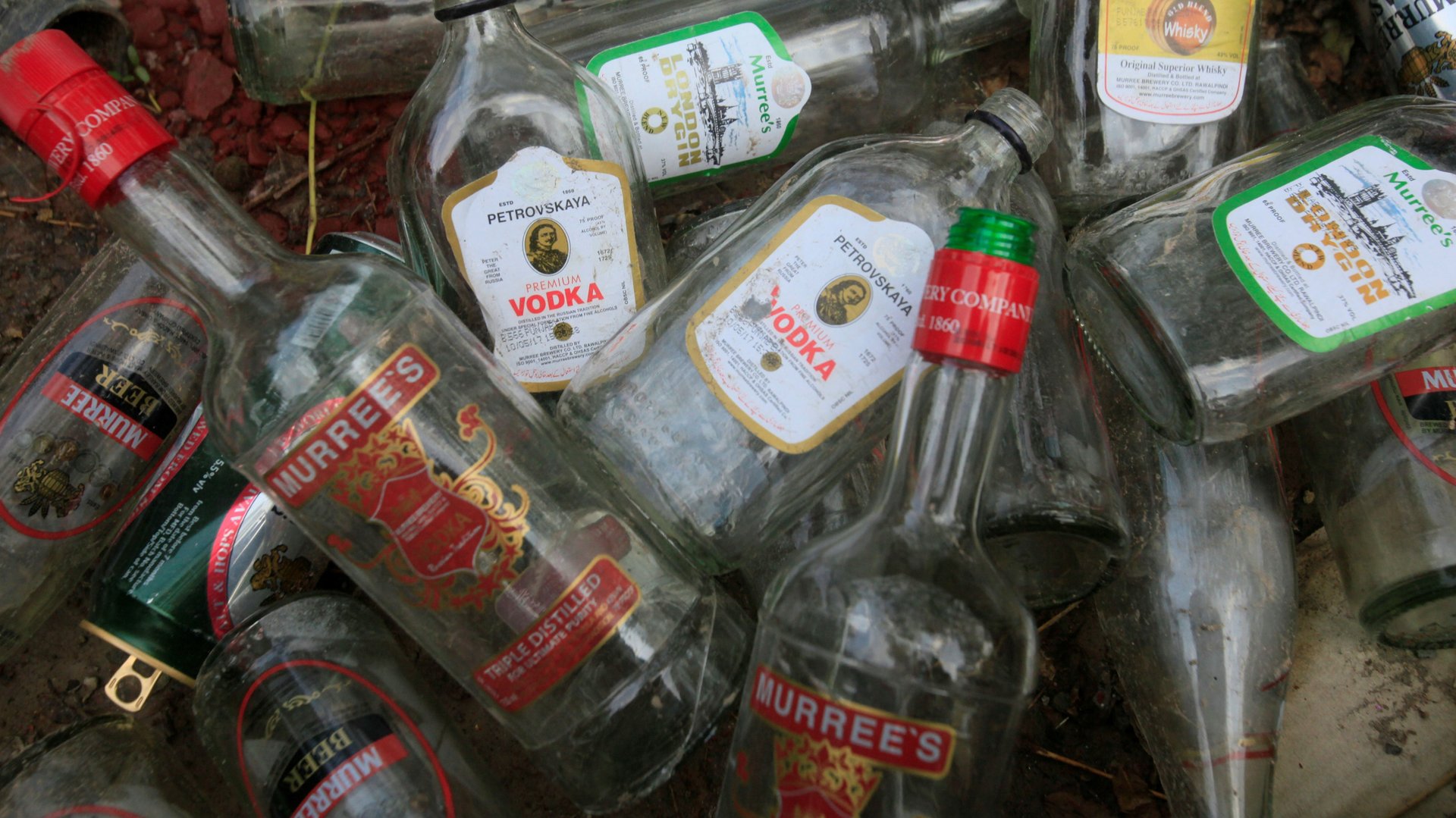Your hangover can’t be cured. Here’s why
When it comes to nursing a hangover, you’re essentially on your own.


When it comes to nursing a hangover, you’re essentially on your own.
“Nobody knows for sure what causes [hangovers,] so we don’t have a good cure,” Ed Boyer, a toxicologist at Brigham and Women’s Hospital in Boston, told Time.
There are certainly theories as to why you feel so crappy after over-indulging—some research suggests that the very process of breaking down alcohol creates another, more potent chemical in the blood stream, which makes you woozy and nauseous. Congeners—the impurities in booze that give it extra color or flavor—also seem to play a role in feeling sick the next day. And, of course, dehydration doesn’t help.
But broadly, the field of research on veisalgia—science-speak for “hangover”—is rather sparse, because of hangovers’ intangible nature.
“They’re very subjective and conditional,” said Sydnee McElroy, a physician in West Virginia and host of the medical history podcast Sawbones. On an episode discussing all the (often worthless and sometimes inadvisable) ways we’ve tried to cure hangovers, she and her cohost note that it’s difficult to recreate the same hangover, meaning it’s virtually impossible to conduct any rigorous scientific studies on them. Somehow, you’d have to make sure that everyone had the same amount of the same type of liquor, and—here’s the hard part—all processed booze the same exact way. None of us do: How alcohol affects us depends on both our genetic and physical makeup.
Of course, that hasn’t stopped researchers from trying. One small 2015 study found that Korean pear juice helped hungover participants clear chemicals from their blood streams and stay focused. In June, the US Food and Drug Administration gave approval for an herbal supplement that can be taken right before bed to eliminate hangover symptoms the next day. But the science behind it is less rigorous than an actual drug would be; it’s essentially just another vitamin.
The good news is, there are definitely ways of easing hangover symptoms, even if you can’t cure the thing altogether. Chugging water or anything with electrolytes (sports drinks or even Pedialyte will do) before bed can help, by counteracting booze-induced dehydration. It’s also wise to take non-steroidal anti-inflammatory drugs like ibuprofen for your headache. (Of course, there’s a small risk of developing internal bleeding with these drugs because they thin the blood—just like alcohol. There’s an even larger risk when preemptively taking drugs that contain acetaminophen, like Tylenol, because they can hurt your liver when combined with alcohol.)
Beyond that, you can try having another drink to feel a bit better, though this is definitely not a long-term solution as hangovers are thought to be a minor form of alcohol withdraw (paywall). An easy-to-digest meal is a also a good idea, especially considering it may help you replace some of your lost salt from the night before. You can take a nap to catch up on some of the sleep you missed—in addition to keeping you out late, alcohol inhibits some of the chemicals in your brain responsible for putting you to bed. Some people swear by sweating out a hangover at the gym, but realistically? You probably just feel better because you’re doing something, Boyer told Time.
And if you’re really desperate, a bag of IV fluid can help. Some companies will sell such bags to willing clients, but that means forking over around $200 to get a needle inserted into your arm.
For now, the best (and only) hangover cure is waiting it out—and, of course, learning your alcohol limits in the first place. “Having a good night out is a good idea,” McElroy says. Just ask yourself whether it’s worth spending the next day in bed, googling hangover cures.